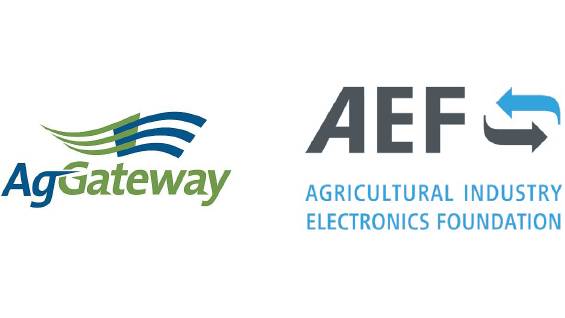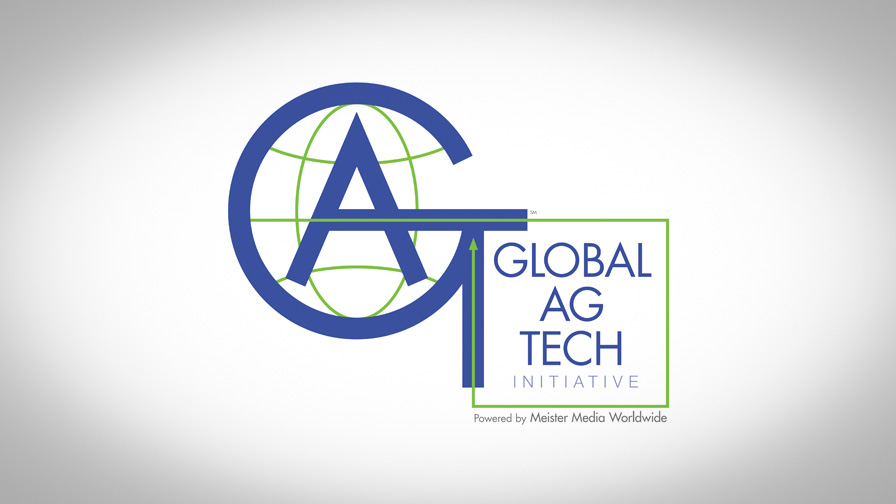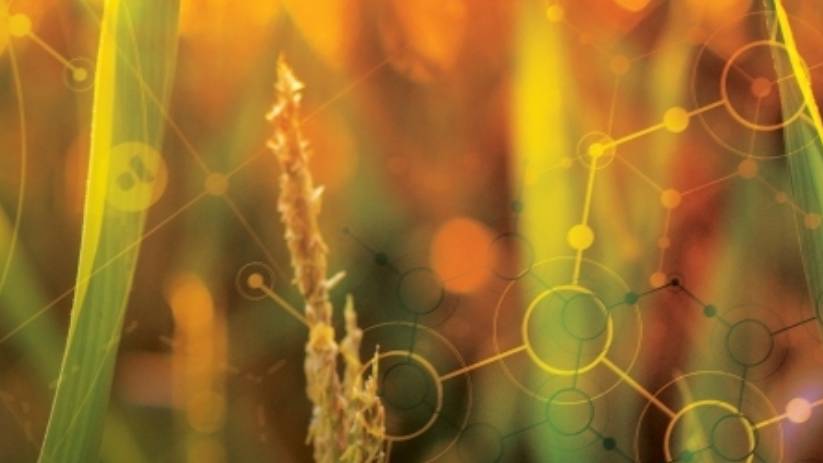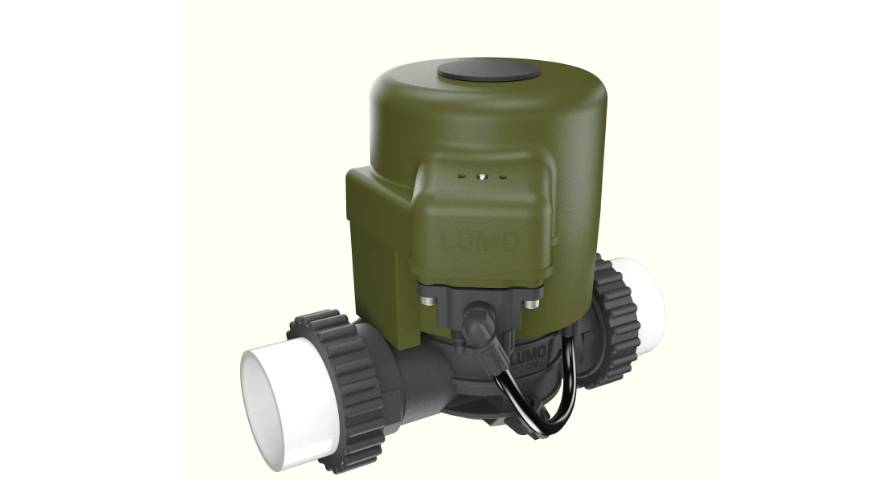Technology Trends African Farmers Are Embracing in 2020
It has always been argued that farming in Africa is reserved for the older generation and retirees, and that it is also a dirty job. During our early years in school, kids were told to take education seriously so that they do not have to become farmers. Reason? Farming at that time did not pay. Agriculture has also been a manual job with very little hopes of mechanization and use of technology.
So what has changed?
Young African adults are starting to shift their focus to agriculture, more so in the technology sector. With the success of technology in overhauling other sectors like finance, manufacturing, and the likes, use of technology in some key areas in agriculture is slowly taking shape. The most notable area is the marketing sector. This agricultural marketing revolution started from social media platforms. While enjoying a large pool of prospective buyers, farmers started exploring the options of advertising and selling their products. An example of such a group exists on Facebook called Digital Farmers Kenya (DFK).
As far as digitalization of the agriculture sector is concerned in East Africa, more farmers are resorting to digital platforms to access a wider market. This has also served to ward off illegitimate brokerage that has always been the order of the day where the brokers intentionally hoard information for their own advantage. Through sensitization done through a variety of channels and also social media, farmers have decided to use digital platforms and they have not been disappointed.
One such platform is Mkulima Young, which is a Swahili term meaning “a young farmer”. The platform connects farmers and potential buyers in Eastern Africa. In the same space, also came Twiga Foods Ltd., which sources fresh vegetables and fruits from Kenya farmers and delivers them to urban centers. This is slowly sealing the gap that has always been there for many urban dwellers whose time is mostly limited by the hustle and bustle of the urban setting.
As we enter 2020 as a year and new decade, Africa is determined to invest in the agricultural sector so as to curb the challenges that have recently presented themselves, like an increase in population, climate change, degrading soils, and others. We are seeing a couple of startups that are now investing in collection, analysis, and dissemination of farm data so as to afford the farmer greater insights than before. Farming management systems are on the rise and one perfect example is a startup called the DigiCow Dairy App. This is an app that helps smallholder farmers better keep and manage their dairy data, like feeding, insemination, and milking records. Contrary to before, farmers can now make intelligent decisions based on the data that they have rather than relying on their guts.
This perfectly demonstrates the use of data for decision making. This is the decade that we are going to see many systems as the aforementioned created to monitor every activity on the farm and record on a digital platform.
Sometimes we meet farmers who have had a hard time understanding what is happening to their farms. “Why is it that I used enough fertilizer on my farm but the yields even reduced?”. So the big question could be, what is “enough fertilizer”? Many farmers are not privy to best agronomic practices and precision farming like soil testing to determine crop nutrient specifications. This has led to a decline in yields over time, but with ag technologies on the rise for not only testing soil but also water, many farmers in East Africa are seeking these services so as to improve their yields and take care of their soils. In Kenya, among the many startups is a company called Cropnuts Ltd., well known for its state-of-the-art laboratories used for testing soils, food, and water and thereafter giving advisories and recommendations to farmers.
Lastly, but not least, there has been a pattern in East Africa where it reaches a point during the year when there is widespread scarcity of food. This is mostly occasioned by dry spells that do not favor food production. This is a situation best characterized by the fact that many farmers are fully dependent on rain-fed agriculture. This also has its dangers on the economics of agricultural commodities because sometimes commodities flood the market thus reducing prices greatly, and at other times there is scarcity leading to price hikes beyond tolerable limits. Some startups like Irri-Hub Ltd. offer irrigation services to farmers mostly through drip irrigation, helping them save water. The company also advises farmers to harvest water during the rainy seasons to be used during dry spells.
Amid all the challenges borne by skepticism and a lack of trust in digital solutions as far as agriculture is concerned, farmers, led by the younger generation, are slowly seeing the benefits of ag tech. We are expecting major breakthroughs mostly in the use of data in agriculture. What is needed at the moment is creation of systems that would collect this data, analyze the data, and present the data to farmers in the simplest ways possible that they can understand.










